Discretion in the Post-Pandemic Era: Still Reasonable?
March 22, 2024
Laura Wu

The compensation for top executives is generally determined by a pre-established formula plan that includes various factors. However, in some cases, the compensation committee may also directly adjust the final payout percentage of the annual incentive plans. Many boards used discretion during the COVID-19 pandemic as a response to the unexpected global situation, and some of them continue to do so post-pandemic. In this study, we will explore the discretion exercised in executive annual bonus plans and different reasons for such discretion being applied.
When formulating compensation for top executives, the compensation committee typically establishes an incentive plan in advance of the fiscal year. At the end of the fiscal year, the committee evaluates the achievement of this plan. However, when the committee believes that not all decisive factors have been included, it may directly adjust the final payout to reflect those unaccounted elements. This situation is rare: among 289 companies with a market capitalization greater than $15 billion, only 35 (12%) applied discretion last year. We categorized the reasons for the company's exercise of discretion into the following five areas:
- Corporate performance: Indicators measuring the company's performance
- External reasons: Unforeseeable factors beyond the executives' control
- Employee retention: Increase the payout for rank-and-file employees
- Other reasons: Any other reasons that cannot be classified into the above three categories
- Multiple reasons: Simultaneous use of two or more reasons
Among the 35 companies, nearly half exercised discretion due to corporate performance.
|
Count of Companies |
| Corporate Performance |
14.0 |
| Other Reason |
9.0 |
| External Reason |
4.0 |
| Employee Retention |
4.0 |
| Multiple Reasons |
4.0 |
When exercising discretion, the committee can choose to increase or decrease the final score. In this study, the majority of companies chose to exercise negative discretion. It is worth noting that when companies decide to use discretion based on external reasons, this discretion is always positive.
|
Positive |
Negative |
| Corporate Reason |
2.0 |
12.0 |
| Other Reasons |
1.0 |
7.0 |
| External Reasons |
4.0 |
0.0 |
| Employee Retention |
1.0 |
3.0 |
| Multiple Reasons |
1.0 |
3.0 |
(*One company was excluded because the discretion amount was not disclosed.)
Compensation committees may incorporate factors that measure company financial performance in a manner not previously included. Stock price performance is a relatively common indicator and was cited as the reason for committee discretion by five of the 14 companies that applied discretion based on corporate performance. Take Occidental Petroleum as an example. In its most recent fiscal year, the company performance portion of its original annual incentive plan achieved 150%. The committee then took several factors into consideration, including the Company being the "top-performing stock in S&P 500 index; approximately 119% total shareholder return." The Company ultimately decided to adjust the final score of the company performance portion to 170%.
Similarly, companies may also make negative adjustments to incentive plans for the same reason. Hartford Financial achieved 164% of target in its annual incentive plan. However, after further review, the committee decided to lower this percentage to 148% because "employees would be unduly rewarded by extraordinary returns on limited partnerships and other alternative investments due to several unplanned real estate sales in 2022."
Another commonly used reason for discretion is related to external conditions, such as macroeconomic climates, unexpected international events or factors beyond control. Four companies applied upward discretion based on this reason. The committee of Aptiv PLC decided that even with "supply chain disruptions, COVID-19-related constraints, material cost inflation and the emergence of the conflict in Russia/Ukraine," management's performance was still very strong. To recognize this, the committee exercised an upward discretion and set the final score for corporate performance to be 100%.
At times, compensation committees may also use discretion to create opportunities for non-executives and other senior leaders. In most cases, the committee would decrease the final payouts for named executive officers (NEOs) and use the surplus to benefit other senior leaders or employees. Pioneer Natural Resources included financial and ESG factors in its original annual incentive plan and evaluated the plan achieved at 150.9% after the fiscal year ended. However, the committee decided to "increase the bonus pool for non-officer employees" and adjusted the final percentage for NEOs downwards to 140%.
In addition to the above three reasons, the committee may also use discretion for various other reasons that it considers reasonable. Devon Energy lowered the performance bonus to "emphasize the importance of…the ’ESG & Community Engagement’ goal." On the other hand, Vertex Pharmaceuticals decided to increase the score for industry-specific reasons, including "advancing additional novel, non-CF molecules and therapies, making additional progress with respect to T1D manufacturing, and acceleration of our acute pain program." At the same time, companies may also use discretion based on multiple reasons simultaneously. Bank of New York Mellon Corporation chose to lower the final score of the corporate component part due to "corporate performance and the macroenvironment."
Though discretion in incentive plans is sometimes viewed as taboo, companies still continue to use it when they see fit. In the post-pandemic era, the reasons for discretion being applied are diversified. With the 2024 proxy season underway, it will be interesting to closely monitor how many companies decide to continue exercising discretion on annual incentive plans and the reasons for them choosing to do so.
Contact

Laura Wu
Senior Research Analyst at Equilar
Laura Wu, Senior Research Analyst at Equilar, authored this post. Andrew Gordon, Senior Director of Research, contributed data and analysis. Please contact Amit Batish, Senior Director, Content & Communications, at abatish@equilar.com for more information on Equilar research and data analysis.
 Solutions
Solutions









